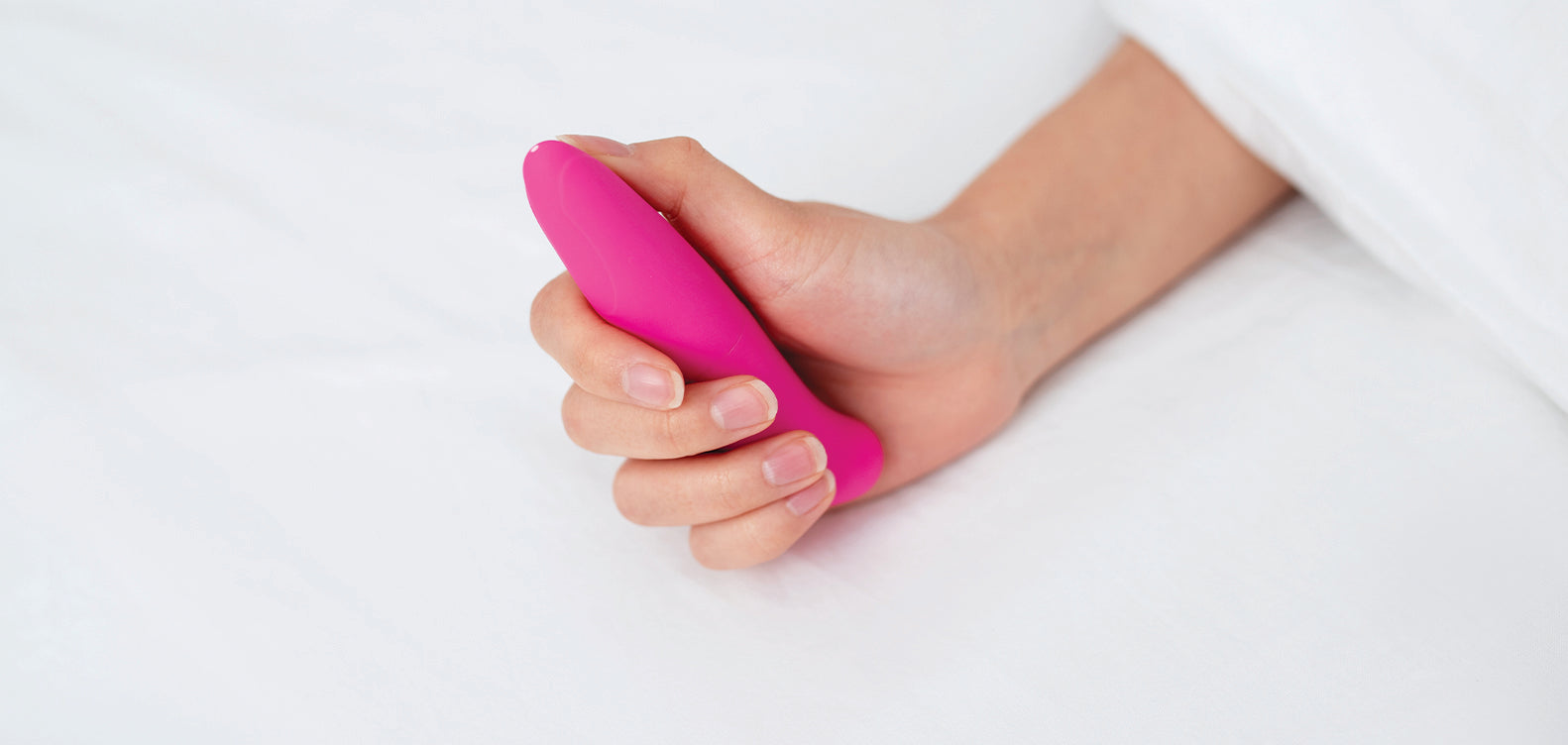Research: Vibrators Are Beneficial for Women
Research: Vibrators Are Beneficial for Women
According to research, vibrators may be good for women's health, raising the issue of whether it's time for doctors to start recommending the devices as therapies.
Vibrators and other sex toys are still controversial for many people, but the stigma attached to their usage is starting to lessen.
However, studies have shown that using them could have a number of health advantages.
Dr. Alexandra Dubinskaya, the study's primary author from Cedar-Sinai Medical Center, and her associates evaluated the material on this subject at the time of writing. The findings of this inquiry were presented on Friday at the New Orleans 2022 Annual Meeting of the American Urological Association.
As a urogynecologist, Dubinskaya told Newsweek, "I spend my time talking with women about their genital and sexual health." However, it is frequently reported that no medical expert has asked them about their sex lives or their experiences with solitary sex.
"Masturbation and vibrators have a bad reputation. However, the saying "if you don't utilize it, you lose it" is widely accepted and applicable to various body parts, "She spoke. "This idea has not, however, been utilized concerning sexual, genitourinary, or pelvic floor health. Therefore, I wrote the literature study because I wanted to understand more about this subject."
The review's objective was to examine how vibrator use affected vulvar discomfort, pelvic floor dysfunction, and sexual function.
Dubinskaya and associates searched for papers on this subject that used specific terms, such as "vibrator" or "sex toy," in a comprehensive review of different medical databases.
The researchers found a total of 558 publications with pertinent keywords before reducing this to 21 papers that satisfied all of their requirements for the problems they intended to investigate.
The very few studies that were published on the usage of vibrators and their impact on vulvar discomfort, sexual function, and pelvic floor health, as per Dubinskaya, revealed that women had a "generally good attitude" toward using vibrators and accepted getting them from doctors.
Additionally, the research demonstrated that using a vibrator had a "good effect" on several aspects of women's health, such as reductions in vulvar discomfort, enhancements in pelvic floor muscle strength, and reductions in urine incontinence.
Dubinskaya stated, "I was happy to learn there is research on this issue. "The results don't surprise me at all. I believe there are many more advantages to vibrator use that we are probably unaware of now."
According to Dubinskaya's research, using a vibrator has a good impact on every phase of the sexual response cycle.
Vibrators shorten the time it takes to experience an orgasm, enabling several orgasms and lessening sex-related discomfort. "Positive sexual experiences inspire women to participate in sexual activity in the future, according to female sexual medicine. It follows that vibrators can increase a woman's desire for sex by making sex in a coupled or solitary relationship simple to achieve."
Dubinskaya said that vibrators are not well-studied and that their advantages or possible negatives have not been thoroughly investigated despite the availability of the scientific literature included in the evaluation and the absence of any significant issues associated with their usage.
Additionally, it is unknown whether various vibrator kinds have distinct impacts on health.
"The kind, tempo, and strength of vibration vary amongst various vibrators. Additionally, they differ in how they are applied: vaginally vs. externally," explained Dubinskaya. "The exact advantage of certain design aspects "would be [better] recognized if additional research is undertaken."
To help comprehend their impacts on sexual health, the experts are now urging additional in-depth study.
According to scientists, vibrators may even one day be recommended to women by medical practitioners for the treatment of specific conditions. For example, for things like pelvic floor disorder, where muscles or connective tissues of the pelvic area diminish or are damaged, sex devices could offer health benefits.
Medical professionals need more in-depth training on women's sexual health and vibrators, according to Dubinskaya. This is especially true for gynecology, urology, female pelvic medicine, and reconstructive surgery professionals. "I think all of this is feasible because the conversation around female sexual health has become more mainstream recently."





